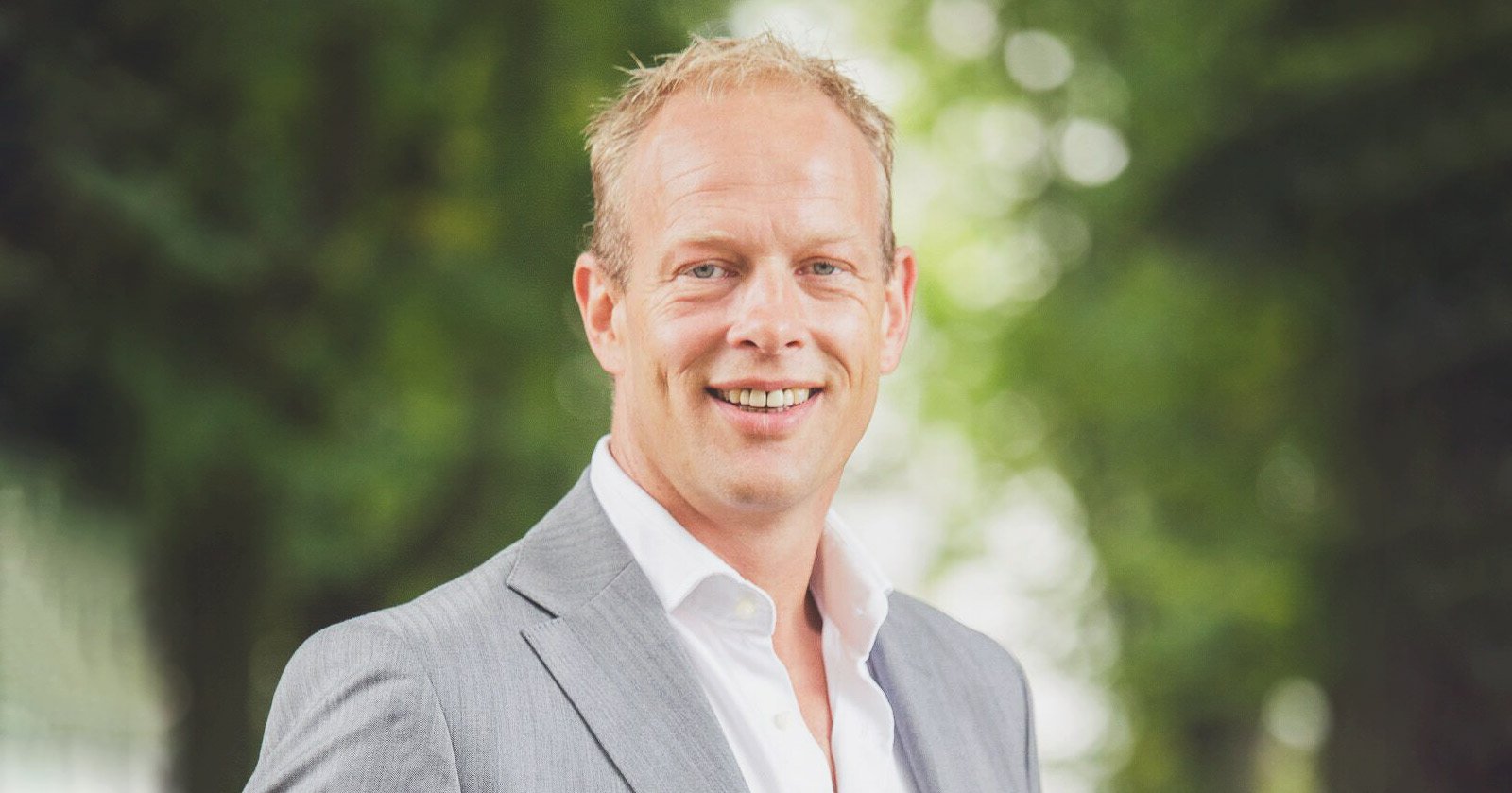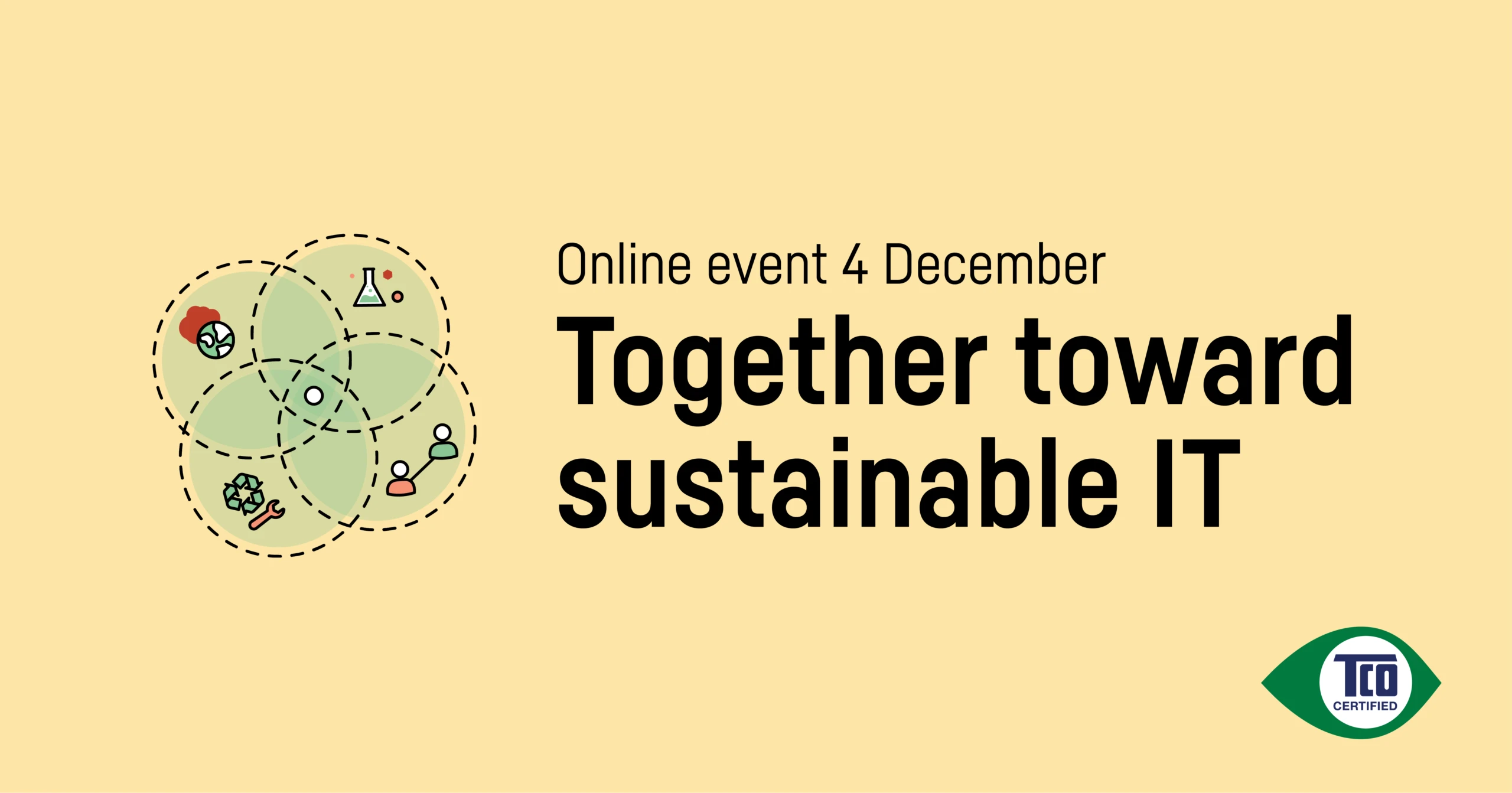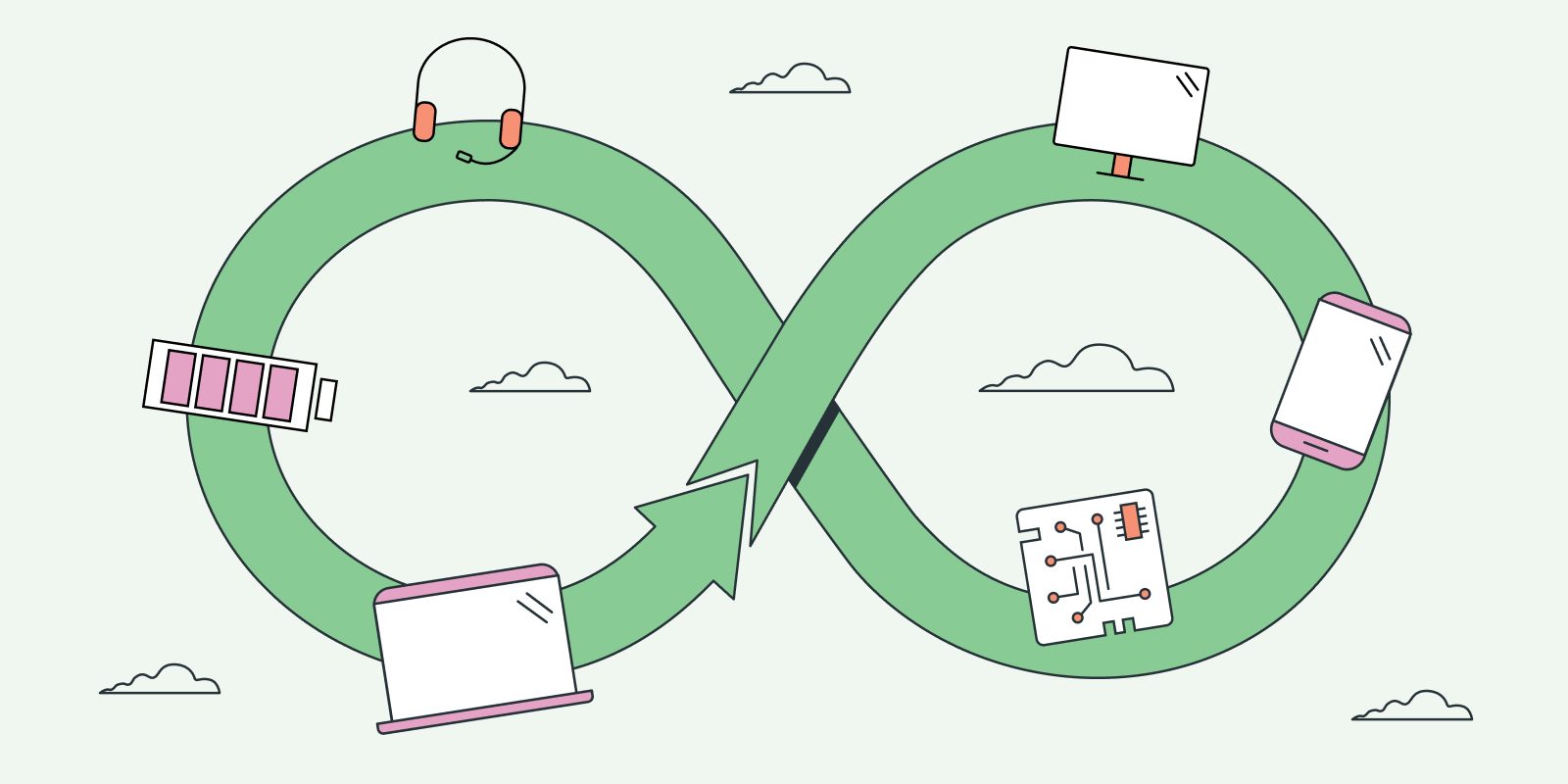The Netherlands aims to develop a circular economy by 2050. It’s a small country, heavily dependent on imports, and to meet this ambition it needs to cooperate with others. Joan Prummel, International Advisor, Circular Economy at the Netherlands’ Rijkswaterstaat meets with organizations from around the world to help them implement circular procurement practices.
Why does the government of the Netherlands have a strong focus on circularity?
“Circular economy is not a goal in itself but a means to an end. Circular economy in our view is a systemic approach to deliver on and contribute to several issues. Think not only of resources but also carbon emissions, job creation, pollution, land and water use, and social circumstances. Circular economy as a system will contribute to many of the UN Sustainable
Development Goals (SDGs) we all agreed on. It is not ’the solution’ but we see it as the best way forward towards a sustainable, social, healthy, and prosperous society.
“We are a very small country, dependent on imports and exports, so if we want to implement a circular economy, we need the countries around us to be circular as well. We need to import circular products and export circular products to circular markets. About ten
years ago, we made the connection between circularity and procurement. The ‘production’ of a government is mainly legislation and subsidies and policies, but our own behavior is very much linked to the products we buy. To impact resource efficiency and resource management, we need to interfere with the market, using procurement as a lever.”
What’s the most important key to succeeding with circular procurement?
“I would say collaboration. If the main aim is to establish a circular economy, there is no way to close loops on your own. You need to partner with stakeholders throughout the life cycle to get things done. There is no point in, for instance, pushing your recycling industry to get a lot of materials out of products if nobody is using these materials in new products. And there is no point in having a proper circular design of products if no one is buying them and using them.
“Internal collaboration is also vital. You need commitment for design, for recycling and certainly also for procurement. Procurement is, in itself, a facilitating process, instigated by clients in an organization. These are the people who are in a position to push sustainability and circularity, and give room for procurement as a process, to engage with markets and get to the best solutions. Contract management is also vital. A large proportion of circular practices actually occur after a product is purchased. Will it be repaired, and recycled
at end of life?
“You need to partner with stakeholders throughout the life cycle to get things done.”
“Join networks and learn from other countries. That’s basically our approach, why we are where we are at the moment. From the outset, we engaged others and encouraged others to start experimenting. In 2013, we set up the Green Deal for Circular Procurement, a learning network with 50 participants committing to just two things: the first was to experiment with
circular procurement; and the second, share whatever you learn. Together we create a lot of new insights and knowledge.”
Are IT products included in your work with circularity?
“Computers, displays and phones are a huge part of what we use in our daily work so they were included from the start. In this sector, a lot of critical materials are used so whatever you can achieve would have extra benefits because it would not only look after closed loops of products and materials but also closed loops of critical materials.
“However, this global market is quite difficult to influence. We started by looking at the back-end of our use. When we buy computers for instance, we tend to use them for three to five years before we replace them. The old ones are still good enough for some purposes, for instance, schools or sports clubs. So we started looking at how to change our own processes to make that happen, with focus on lifetime extension and second use.”
What would be your advice to an organization wanting to get started with circular procurement of IT products?
“In general, I would say get as much information as possible that is already available online. Start where you see your first easy-to-accomplish benefits. Even if the benefit is not that big, what you learn is important. So, just start somewhere and try to improve from there. Use your common sense, there are a lot of steps you can take quite easily. For instance, why would you automatically need new equipment? You can ask for products that include more reused components. You can require your products to be disassembled and handed in to safe recycling, It’s not that difficult to start making a difference.
“If you have an ambition of circularity, you should go to the supply chain, explain what your ambitions are and check what they are able to do. It’s very easy to over-demand but if your suppliers are not ready for that, nothing will happen. And if your ambitions are too low, then you’re not challenging them to innovate. So you need to know where they are.”
From a circularity perspective, is leasing IT products better than buying?
“Leasing in itself has nothing to do with circularity — it’s just a financial construction. It can, however, enable suppliers to come up with circularity tools since they retain ownership of the product. If you include end-of-life handling in your contract, leasing is promising because in a leasing contract your products will always go back to the supplier. If you don’t add any requirements about what happens at end of life, leasing is as good or bad as any other contract.”
What benefits would you say circularity gives the purchasing organization?
“The circular economy as a system delivers on a number of the 17 SDGs. It’s not only about responsible production and consumption, but also about carbon emissions, pollution, land and water use, smart cities, innovation, and jobs and education.
“It will most often lead to financial benefits as well. The simple idea of having residual value of products at the end of your use means that you get a bit of money back, but also that you’re creating jobs. And you can influence where new jobs are created. That’s certainly a great direct benefit for the public sector — fewer people claiming unemployment benefit reduces public expenditure.
“Many organizations have policies in place to reduce their carbon footprint. Budget and effort spent on circular economy will lead to carbon benefits as well. This means you’ll achieve better results on your carbon emission targets with the same investment, (or you can spend less to achieve your goals. My personal view would be you’ll have more money to spend on improvements or in other areas. So there’s a lot of direct and indirect benefits of the circular economy.
“And last but not least, for both public and private organizations, circular procurement adds value to your reputation and credibility. If you want to position yourself as a sustainable organization, you need to be able to answer the question ‘what are you doing yourself?’. The answer lies within procurement. Even if you have a decent circular product to sell, it’s not enough. Not using the principles of circular economy in your organization will be a tremendous barrier to claiming a sustainable position. It will be seen as just window dressing.”




